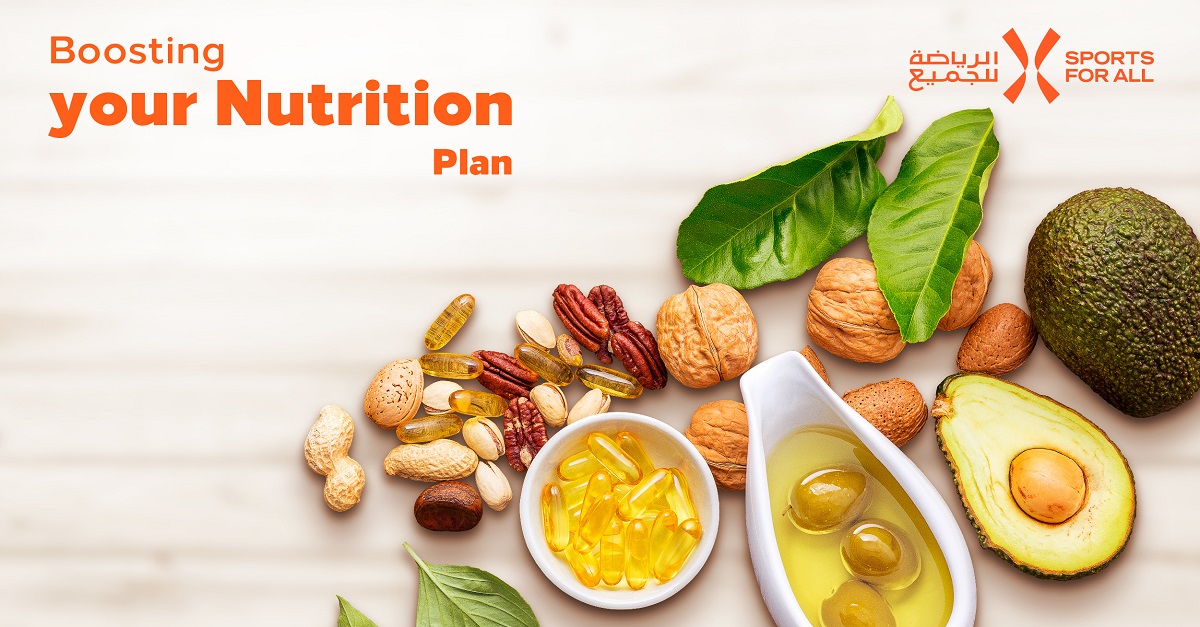A basic supplement plan supports your healthy and active lifestyle
Committed to staying fit and seeing to all of your nutritional requirements? Excellent news! Now, while we get most of our nutritional needs covered from our food, it doesn’t hurt to consider boosting healthy eating with supplements (read this article on ways to incorporate more fruits and veggies).
Before heading down to your local pharmacy, be sure to check with your doctor what supplements you may need and if any supplements would contraindicate any medication you are currently taking. It’s important to remember that “natural” doesn’t always mean better so understanding what you are taking is essential.
All vitamins and supplements should be discussed with your physician ahead of commencing on a plan.
Daily multivitamin
As dietary needs vary between people the humble daily multivitamin’s role is more to fill in some of the missing nutrients you may not even know you require. Many multivitamin brands tailor the supplements for specific age groupings, anticipating what’s typically needed and addressing it. For more specific needs, you’ll need to look at individual supplements.
Calcium
With osteoporosis, brittle bones and fractures a major concern for seniors, calcium is a must-have supplement. With 99% of the body’s supply found in our bones and teeth, it plays a key role in building and maintaining strong bones. It also helps blood to clot, our hearts to beat and even helps the brain to communicate with other parts of our body. If we don’t get enough calcium – scarily – our body will actually absorb it from our bones.
Omega-3 fatty acids
When our brain isn’t relying on calcium as the body’s telecom system, it’s relying on Omega-3 fatty acids to help manage the symptoms of depression and anxiety. A bit of an overachiever, Omega-3 helps keep your arteries clear of plaque, can help improve bone and joint health, is great for your skin and many, many other uses. It was once assumed we could only get them from fish and fish oil, but plant-based alternatives include flaxseed oil, walnuts, and edamame.
Vitamin B12
Previously presumed to be present only in a diet that included animal products, Vitamin B12 is also readily available to vegans and vegetarians, which is important given how essential the vitamin is. The main function of Vitamin B12 is to keep the body’s blood and nerve cells healthy, while helping to make DNA. It also keeps megaloblastic anaemia at bay. If you haven’t heard of it, it’s a type of anaemia where your blood cells are too large to enter the blood stream to send oxygen around the body, making you really pale, tired and weak while experiencing a quickened heartbeat. No thank you!
Vitamin D
Finally, one of the most seemingly bizarre deficiencies experienced in this region at any age, given our almost non-stop sunny climate, is a lack of Vitamin D. Sunlight is one of the best sources of Vitamin D but it has been suggested that one of the reasons for the region’s low levels is the extreme temperatures that limit time outdoors. In terms of conditions linked to a Vitamin D deficiency, the list is varied – a number of serious ailments have been associated with a lack of Vitamin D.
Thankfully, we’re living in a time where up-to-date information is available, and we can add any missing nutrients to our diets to ensure we keep our health at its best! While you’re here, click to explore some of the benefits of superfoods, touted by scientists for a wide variety of benefits.
Healthy Living is a frequently updated content section brought to you by the Saudi Sports for All Federation. In the spirit of supporting our #HealthyActiveCommunity, we’re sharing tips around wellness, physical activity and more!













